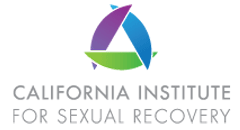Sexual Addiction Self-Assessment
-
Do you become restless or irritable when sex is not available?
Yes No -
Have you ever tried and failed to control the amount of sexual activity you engage in?
Yes No -
Do you feel a need to conceal from others either the nature or frequency of your sexual activities? Do you lead a “secret life”?
Yes No -
Have you had sex at inappropriate times, in inappropriate places, or with inappropriate partners?
Yes No -
Have you lost count of how many sexual partners you have had?
Yes No -
Do you continue to have compulsive sex despite negative consequences: disease, arrest, loss of finances, career, reputation, family or friends?
Yes No -
Do you feel your sexual activities compromise your personal values and spiritual development?
Yes No -
Do you feel shame about your sexual activities?
Yes No -
Have you neglected your family, friends, or work because of the time you spend in sexual activities?
Yes No -
Has your sexual behavior ever left you feeling hopeless, alienated from others, or suicidal?
Yes No
SCORE out of 10
If your score is 3 or more , your sexual behavior may be out of control. You might be an addict. The good news is that you are not alone, and there is help. If you are concerned about your sexual behavior, call for an appointment or more information. (415) 776-0960
- Therapy Services
- Workshops and Intensives




